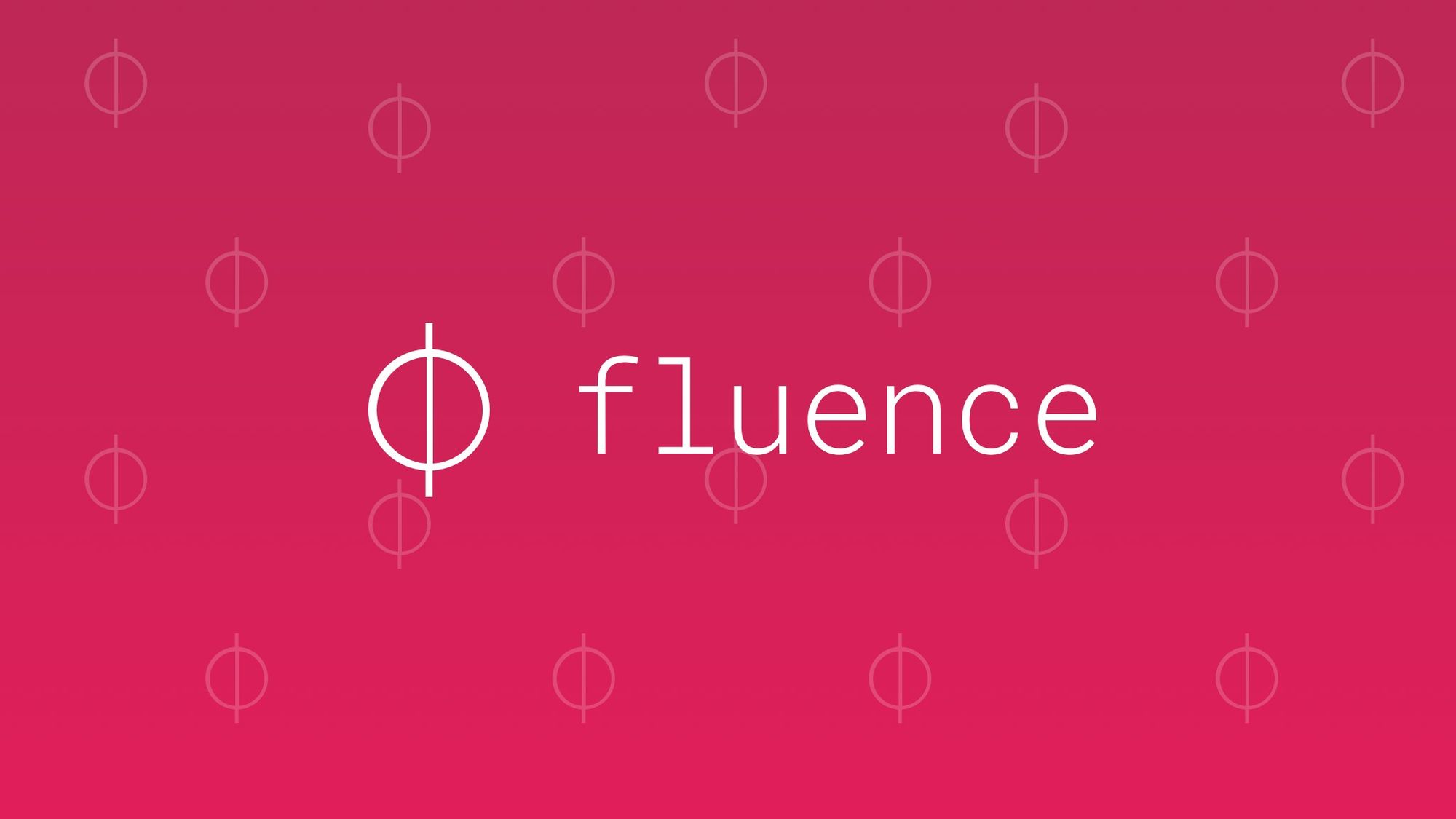🕊 Enabling the Freedom of Digital Innovation
Fluence labs and how they provide peer-to-peer datacenter solutions for better decentralization

Today's Highlights
- Fluence - ditching cloud computing for peer-to-peer
- This Week On BuzzBelow - a recap on this week's topics.
- In Other News - a few interesting developments we're tracking.
Fluence - ditching cloud computing for peer-to-peer
The cloud became the obvious alternative to individual data centers. Peer-to-peer computing is the natural evolution of the cloud given its inherent resilience, censorship resistance and scalability.
Fluence Labs is one of the Web3 projects looking to change the landscape of computing by helping blockchain applications ditch their reliance on centralized cloud computing and go fully peer-to-peer.

The Fluence stack is 100% open source, is maintained and governed by a community of developers. At the core of Fluence is the open-source language Aqua that allows for the programming of peer-to-peer scenarios separately from the computations of peers. Applications are turned into hostless workflows over distributed function calls, which enables various levels of decentralization. Applications can run computations on nodes maintained by other network members and compensate the node operators as they would at any other cloud platform. The hosting payments are executed using cryptocurrency, creating an open, decentralized application hosting market.
Anyone can connect to the network, run a node, deploy services and applications without any permission of a third party. Applications can leverage existing services to build faster and provide a better user experience. Node operators can re-host existing services providing better resilience under a higher load.
Any external data source, API, or another decentralized protocol can be plugged into applications on Fluence. This allows usage of Fluence as a decentralized computing layer on top of various Web 3 protocols. At its core, Fluence leverages IPFS as a default data layer for distributing and updating services on network nodes. Applications will be able to create as many subnetworks in the global Fluence network as they need. Peers in subnetworks have better connectivity among each other and outside connections are deprioritized. The security model of Fluence allows applications to execute only on nodes they know and trust. All execution is cryptographically signed, so clients can always check if the computation was performed by an eligible peer. Aqua is perfect for implementing network coordination algorithms; both trusted and trustless consensus engines can be developed on Aqua and integrated into applications.
Fluence Labs has raised a total of $9M in funding. Tom Trowbridge, Evgeny Ponomarev and Alexander Demidko are the co-founders of Fluence Labs.
This Week on BuzzBelow




In Other News






